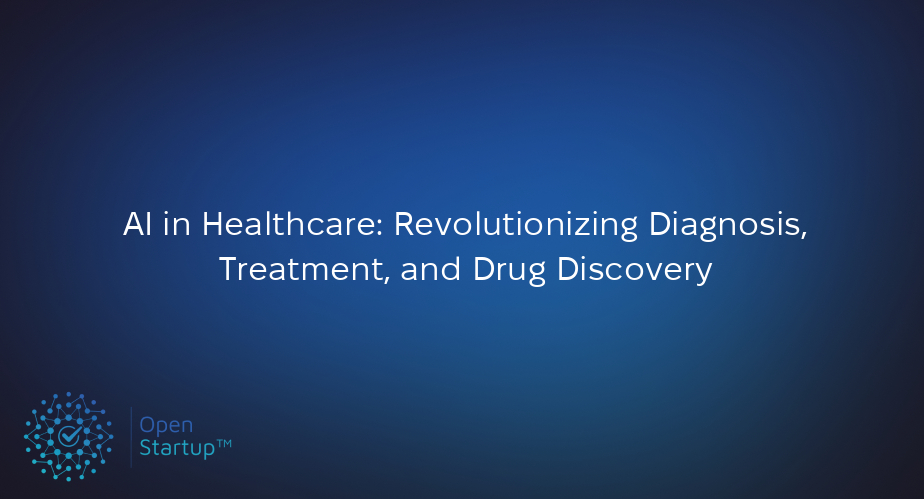AI has emerged as a game-changer in various industries, and healthcare is no exception. With its ability to process vast amounts of data quickly and accurately, artificial intelligence has the potential to revolutionize the way diseases are diagnosed, treated, and drugs are discovered. By harnessing the power of AI, healthcare professionals can enhance their decision-making, improve patient outcomes, and uncover groundbreaking therapies. In this article, we will explore the impact of AI on diagnosis, treatment, and drug discovery in the healthcare industry.
Improving Healthcare: AI’s Impact on Diagnosis and Treatment
Artificial intelligence has significantly improved the accuracy and efficiency of diagnosing diseases. By analyzing electronic health records, medical images, and patient data, AI algorithms can identify patterns, make predictions, and assist healthcare providers in making more informed decisions. For example, AI-powered algorithms can help radiologists detect early signs of cancer in medical images, reducing the chances of misdiagnosis and enabling timely intervention. Additionally, AI can analyze symptoms, medical history, and genetic data to generate personalized treatment plans, taking into account individual variations and increasing the chances of successful outcomes.
Moreover, AI-powered decision support systems can enhance the efficiency of healthcare professionals. These systems can provide real-time recommendations based on evidence-based guidelines, helping doctors make accurate diagnoses and select the most appropriate treatment options. By reducing the time spent on administrative tasks and providing clinical insights, AI allows healthcare providers to focus more on patient care, ultimately improving the overall quality of care and patient satisfaction.
The integration of AI technologies in healthcare also extends to remote monitoring and telemedicine. AI-powered devices can collect and analyze data from wearable sensors, allowing healthcare practitioners to remotely monitor patients’ vital signs and detect any abnormalities. This enables timely intervention and reduces the need for unnecessary hospital visits. Additionally, telemedicine platforms powered by AI can facilitate remote consultations, making healthcare accessible to patients in remote areas and improving overall healthcare access and affordability.
AI-Powered Drug Discovery: Transforming the Future of Medicine
Traditional drug discovery is a labor-intensive and time-consuming process. However, AI is transforming this landscape by expediting drug discovery and development. AI algorithms can analyze vast amounts of biological data, including genomics, proteomics, and chemical structures, to identify potential drug candidates. This significantly reduces the time and cost associated with the early stages of drug development.
AI can also facilitate the repurposing of existing drugs for new indications. By analyzing comprehensive databases of drug properties and disease characteristics, AI algorithms can identify potential matches and accelerate the identification of new therapeutic uses. This has the potential to revolutionize the pharmaceutical industry, enabling the development of new treatments for a wide range of diseases.
Furthermore, AI-powered predictive analytics can improve clinical trials by identifying patient populations that are likely to respond positively to a new drug. This can optimize trial design, reduce costs, and expedite the approval process, ultimately bringing new treatments to patients faster.
As AI continues to advance, its potential to revolutionize healthcare becomes increasingly evident. From improving diagnosis and treatment to transforming drug discovery, AI technologies are enhancing the efficiency and effectiveness of healthcare delivery. While AI is not meant to replace healthcare professionals, it serves as a valuable tool that can augment their skills and provide data-driven insights. With further advancements and collaborations between healthcare professionals and AI experts, the future of healthcare holds tremendous promise, ultimately leading to better patient outcomes and a healthier society.




